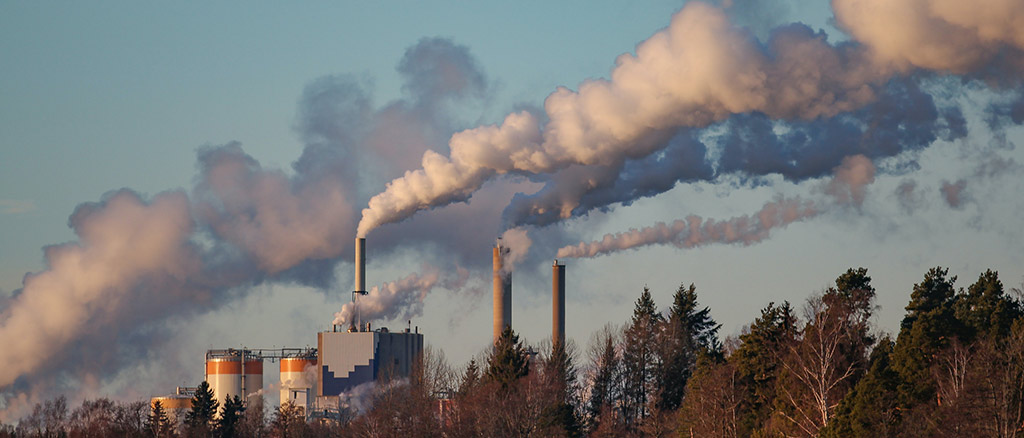I can hardly think of anything more irrelevant than who happened to ask for it first.
The point of importance is that there's a moral and rational case. If one causes wilful and avoidable damage to another, they provide recompense. Its an accepted principle in both law and common morality.
So Americans who weren't even born in the 1970s to 1980s, or had any part in Exxon gaslighting the world about climate change should pay for climate change done to Pakistani floodplains.
I also disagree with the subjective notion that since the US both caused lots of carbon(true), and people think the US benefited the most from carbon(since it's the richest country with carbon-emitting devices)(subjective) we should pay the most.
- China, with more than 10,065 million tons of CO2 released.
- United States, with 5,416 million tons of CO2
- India, with 2,654 million tons of CO2
- Russia, with 1,711 million tons of CO2
- Japan, 1,162 million tons of CO2
- Germany, 759 million tons of CO2
- Iran, 720 million tons of CO2
- South Korea, 659 million tons of CO2
- Saudi Arabia, 621 million tons of CO2
- Indonesia, 615 million tons of CO2
Yes the US caused the world's second-largest amount of carbon according to this chart, and we should pay for just that. And by we I mean Exxon. But China is first.
Not all countries face the same level of responsibility regarding the climate crisis. The biggest polluters need to take action to reduce their carbon emissions, but also to offset their carbon footprint by supporting environmental projects around the world. Each year more than 50 billion metric...

climatetrade.com
What does benefit really mean, I could argue China benefited from climate change more than the US. Since it grow more than the US in GDP PPP and became the world's second-richest economy in nominal GDP. Also taxing the end user of carbon while avoiding talking about the intermediate producers of industrial goods and services like China, or OPEC+Russia is problematic.
What this shakedown is about is conveniently combining a few things from order one to third most important to point the finger at the US.
1. Ability to pay via the notion of the US having a high GDP per Capita and high GDP
2. Carbon emitting total over a country's lifetime
3. Misc actions like the US denying climate change under republican admins
1. I dispute number one, your average US homeless person shouldn't have their sales tax revenue go to a rich Pakistani bureaucrat.
2. China emits more than the US via the chart, and I would argue this is the most important.
3. The US is changing its climate change commitments right now and is doing so faster vs China, and its Asian neighbors building coal fire plants.
So my question is why are you giving more weight to the total end national user benefit theory vs total benefit via growth of a national economy, criteria 1 vs criteria 2, and past policy actions vs current policy actions?


